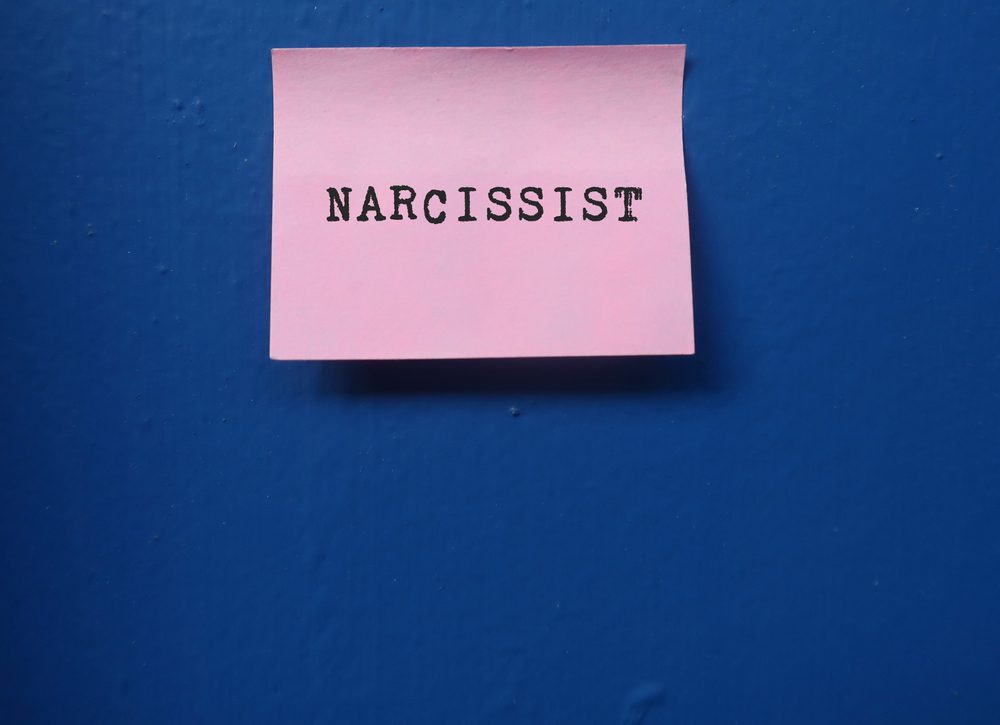Consider these adult friendship lies and misconceptions!
When we have an issue with a family member, our significant other, or even a coworker, the first person we turn to is often a friend, right? These are the people who are there when we need words of encouragement, a listening ear, or advice.
They help us problem-solve and deal with the complicated feelings that come from personal or interpersonal battles. But who do we turn to when the problem is our friends? The other significant people in our lives don’t always have insight into our friendships.
What’s more, we might hold back from turning to a friend if we’re concerned about being seen as “gossip” or if we know people in common and want to avoid putting them in an awkward situation.
And what happens when we don’t have other close friends to whom we can turn to? Another crucial barrier that can make it difficult to cope with friendship challenges is misconceptions about our friendships as adults.
So, let’s get to the bottom of this. Here are 5 adult friendship lies and what prevents us from making new friends as we get older.

Adult friendship lies you should stop believing:
Adult friendship lie: We MUST hold on to childhood friends
Stability is an essential characteristic of a healthy friendship. While it can be challenging to maintain our friendships, especially in different stages of our lives, so many positive things can come from having friendships that are long-term.
That being said, though, people can change. And along with that, so does the company we keep. Holding onto a friendship for dear life that no longer serves you because you’re afraid of letting go isn’t in your best interest.
As we get older, it’s normal to whittle down our group of pals to those we cherish the most, including childhood friendships or more recent companions. The friendships we form as adults can be just as close and fulfilling as those created when we were younger.
Adult friendship lie: You don’t have enough friends
The truth is that there’s no exact number of friends we should all aim for. What counts as “enough” for one person may not be the same for someone else. It’s much less about the number of friends we have and more about our satisfaction with the social support we get.
Having even one very close friend can have an overwhelmingly positive effect on our physical and emotional well-being. Like with other things in life, it’s best to aim for quality over quantity.
Adult friendship lie: We should know how to make and keep friends as adults
Navigating friendships as an adult can be just as challenging as when we were younger. Like all relationships, friendships need time and effort, which isn’t always easy to achieve, especially when balancing our other responsibilities and relationships.
The challenges we face in our friendships can also vary throughout our lives.
Even if we had success growing up, we may suddenly find ourselves in a new stage of life or city where we struggle to maintain old friendships, develop our social circle, or even disengage from a toxic or unhealthy friendship.
And as great as technology is, it’s changing how we relate to each other and creating new possibilities for misunderstanding that we need to learn to handle.
Adult friendship lie: You’re a “bad” friend
Most of us tend to judge ourselves pretty harshly for many reasons, especially when we go through some sort of conflict. It can help to remember that a bit of friction is unavoidable in any close relationship, friendships included.
It can happen with a college roommate, a coworker, or a best friend you’ve had for over 20 years.
Even if we consider ourselves “conflict-averse” and normally prefer to avoid direct confrontations, we can still be affected by the awkward feelings that result from challenging situations or the thought of anticipated disputes.
Now, obviously, endless conflict is a different story. But experiencing ups and downs doesn’t mean we’re terrible friends or have done something wrong. And it doesn’t necessarily mean that our friend has, either.
It’s usually part of a close friendship, and it also means we’re human. Just remember that learning to manage conflict successfully is a way of bringing us closer to our loved ones.

Adult friendship lie: We should have a “best” friend.
The older we get, our understanding of what a “best friend” should be can change. What’s more important than the status or labels we give our buddies is whether our friendships are returned. That means both people in that friendship regard the other as a friend.
This might sound easy enough. But the reality is that research indicates that up to half of our friendships are unreciprocated! It can also help to remember that one individual doesn’t have to meet ALL of our friendship requirements.
Having one friend we turn to for support or confide in and another we call for weekend getaways is no less special than having one best friend or “our person” with who we do everything.
Roadblocks in life caused by adult friendship lies:
Adult friendship lie roadblock: Social Media
Social media significantly alters perceptions of friendship, leading many to believe everyone else’s life is continuously celebrated. Experts warn against the “toilet of comparison.” This is when social media creates feelings of inadequacy and unrealistic expectations.
Instead, you should try to create your own social experiences rather than wait for invitations, emphasizing the value of having a few close friends over a large social circle.
If you want your whole life to be all about partying, start throwing them. This will promote proactive engagement in social life.
Adult friendship lie roadblock: New Friendships
Psychologists have explored the innate difficulties older adults face in developing new friendships.
They have discovered that adult friendships are hard because, unlike in school, social settings are handed to us anymore, making it essential to actively seek out connections.
They’ve also identified a couple of lies we tell ourselves that interfere with adult friendships, including the belief that everyone else’s life is one huge party.
And let’s be honest: Once you get to a certain age, doesn’t it seem like the people you’d get along with best also don’t want to leave their house? This is a shared struggle for many people!

Adult friendship lie roadblock: Busy Lives
The busy lifestyle many adults have creates some consequential barriers to developing and maintaining friendships.
Experts emphasize the significance of overcoming the inactivity of staying home, noting that the struggle to get up and socialize is small compared to the deep rewards. Think about it… Do you feel lonely despite being busy?
If so, you should know that busyness frequently masks loneliness. You aren’t too busy for one of the most essential things in your life. You should try to prioritize friendships for a more meaningful life.
Don’t know where to even begin? Call one or two of your closest friends and invite them over for some gossip and wine. Trust us. You won’t regret it!
What are YOUR thoughts about these adult friendship lies? Would you agree? Be sure to let us know in the comments section below. Meanwhile, if you liked this article, don’t leave yet! Psychology Diary has many more like it.
For instance, we also recommend reading: 8 Ways Negative Body Language Is Damaging Your Self-Confidence










Leave a Reply